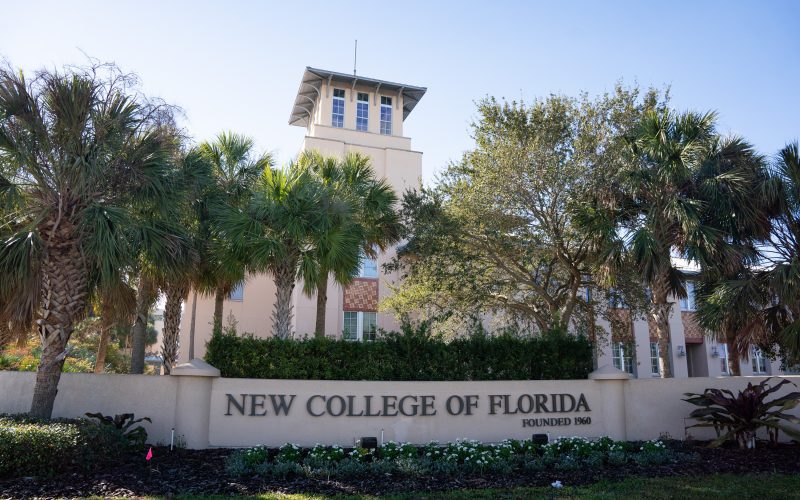American universities have long been regarded as pioneers of higher education, attracting students from all over the world seeking world-class education and research opportunities. However, there is a lot that American institutions can learn from the centuries-old traditions and academic excellence of Oxford and Cambridge, collectively known as Oxbridge.
The Oxbridge model of education has stood the test of time, offering a holistic approach to learning that fosters critical thinking, intellectual rigor, and a strong sense of community. By examining what makes Oxbridge unique, American universities can identify areas where they can improve and adapt their practices to deliver an even better educational experience.
One of the key aspects that American universities can learn from Oxbridge is the tutorial system. Rather than large lectures, Oxbridge emphasizes small group tutorials, where students engage in direct, face-to-face discussions with professors. This intimate setting promotes active participation, intellectual debate, and personalized feedback, fostering deeper understanding and intellectual growth. American universities could incorporate more tutorial-style classes to encourage meaningful engagement and mentorship between students and faculty.
Another area where American universities can take cues from Oxbridge is the collegiate system. Oxbridge colleges provide a sense of belonging and community, offering smaller, tight-knit communities within the larger university. These colleges serve as academic and social hubs, creating opportunities for interdisciplinary interactions, networking, and extracurricular activities. American universities can benefit from developing similar college systems, allowing students to forge stronger connections and receive personalized support.
Furthermore, Oxbridge places a strong emphasis on academic research and scholarly inquiry. Professors at these institutions are often leading experts in their fields, and undergraduate students are given the opportunity to work closely with them on research projects. This early exposure to research cultivates a spirit of intellectual curiosity, critical thinking, and innovation. American universities can enhance their research programs by fostering more undergraduate research opportunities and creating collaborative environments that bridge the gap between students and faculty.
Additionally, Oxbridge’s rigorous admissions process is worth considering. The universities select students based on academic merit and potential, evaluating not only grades but also personal statements, interviews, and entrance exams. This holistic approach ensures that the brightest and most motivated students are admitted, contributing to a stimulating intellectual environment. American universities could enhance their admissions criteria to include a more comprehensive evaluation, focusing on a candidate’s potential, passion, and diverse experiences rather than solely relying on standardized test scores.
While it is important for American universities to maintain their own unique characteristics and strengths, there are valuable lessons they can glean from Oxbridge’s time-honored traditions and academic rigor. By incorporating elements such as the tutorial system, collegiate communities, increased focus on research, and holistic admissions processes, American universities can enhance the educational experience and better prepare students for the challenges of the modern world.
In conclusion, American universities have much to learn from Oxbridge’s centuries-old traditions of academic excellence. Embracing the tutorial system, fostering collegiate communities, prioritizing research opportunities, and refining admissions processes can contribute to a more holistic and enriching education. By adapting these best practices, American universities can further their commitment to preparing the next generation of leaders, thinkers, and innovators.
Disclaimer: The views and opinions expressed in this article are those of the author and do not necessarily reflect the official policy or position of any university or institution.










